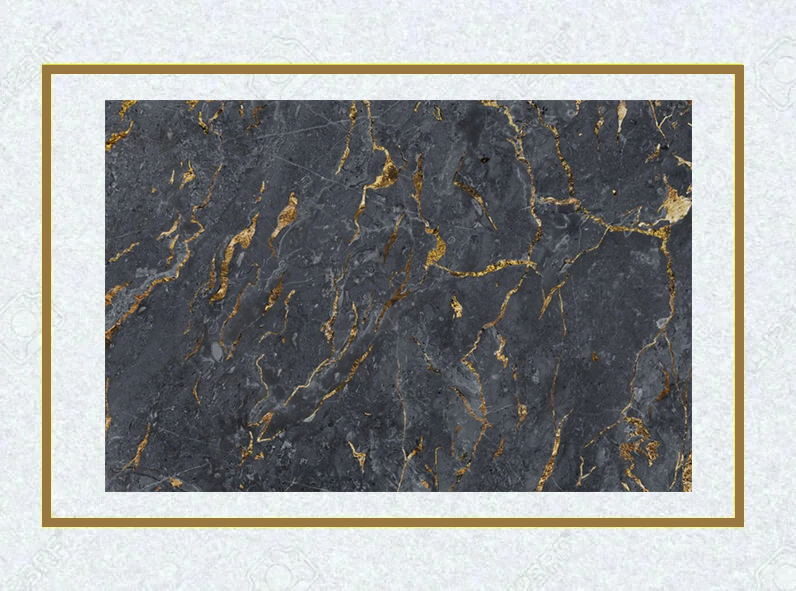Gypsum is a naturally occurring mineral. It has long been recognized for its versatility and utility in the construction sector. Know about the versatile uses of gypsum in construction projects these days, and its relevance in modern building practices.
- Finishing plaster for curved walls and ceilings:
Gypsum is used as a finishing plaster for curved walls and ceilings. Gypsum plaster, known for its excellent workability and adhesion properties, allows for smooth and seamless finishes even on irregular surfaces. Its ability to conform to the contours of curved walls and ceilings makes it an ideal choice for architectural designs that demand intricate detailing and curvature.
Whether it is in residential homes, commercial spaces, or cultural institutions, gypsum plaster adds a touch of elegance and sophistication to interior spaces, transforming them into visually appealing environments.
- Flooring:
Gypsum-based flooring systems have gained popularity in recent years due to their durability, versatility, and ease of installation. Gypsum flooring compounds, when mixed with water, form a self-leveling mixture that can be poured directly onto concrete substrates. It helps in creating a smooth and seamless surface. This eliminates the need for extensive floor preparation and reduces installation time and costs.
Further, gypsum flooring offers excellent fire resistance, thermal insulation, and soundproofing properties.
- Decorative molding and trim:
Gypsum is also widely used in the creation of decorative molding and the trim elements that add character and charm to architectural designs. Gypsum-based molding compounds can be cast into intricate shapes and patterns, allowing for the creation of ornate cornices, baseboards, crown moldings, and ceiling medallions.
These decorative elements serve as elegant accents that enhance the aesthetic appeal of interior spaces, imparting a sense of grandeur and sophistication. Whether it is traditional or contemporary design schemes, gypsum moldings offer endless possibilities for customization and creative expression, elevating the overall ambiance of any environment.
- Moulds and formwork for concrete casting:
In addition to its role in interior finishes, gypsum is also utilized in the construction of moulds and formwork for concrete casting. Gypsum-based mould materials provide excellent dimensional stability, moisture resistance, and surface finish, making them ideal for producing intricate concrete components such as columns, beams, and architectural panels.
Gypsum moulds enable precise replication of complex shapes and textures, allowing architects and designers to realize their creative visions with precision and accuracy. Moreover, gypsum formwork systems offer cost-effective solutions for temporary construction applications, providing structural support and containment during the concrete pouring process.
- Acoustical ceilings:
Gypsum-based acoustical ceilings have emerged as a popular choice for noise control and sound insulation in modern construction projects. These specialized ceiling systems incorporate gypsum panels with perforated surfaces or sound-absorbing backings to mitigate reverberation and dampen sound transmission within interior spaces.
By enhancing speech intelligibility and reducing ambient noise levels, gypsum acoustical ceilings create more comfortable and conducive environments for occupants in offices, schools, healthcare facilities, and commercial buildings.
From enhancing aesthetics to improving structural integrity, gypsum finds myriad applications. It is aesthetic, reliable and affordable. This makes it an attractive choice for residential, commercial, and industrial settings.






